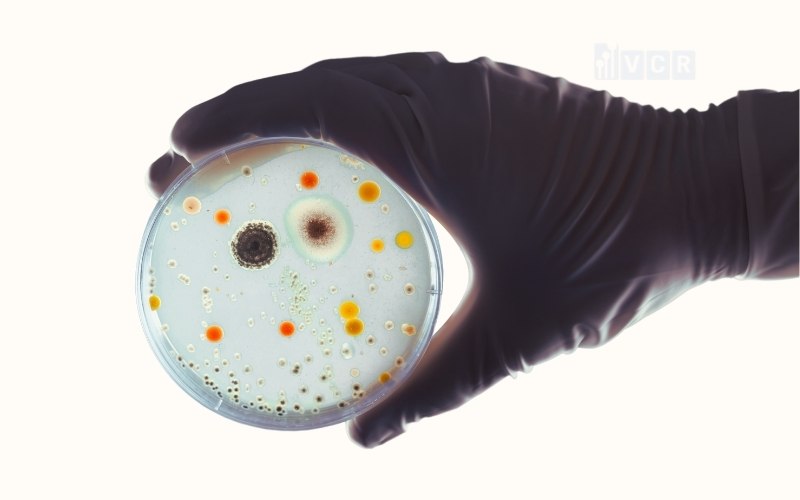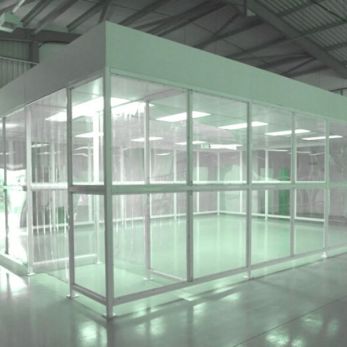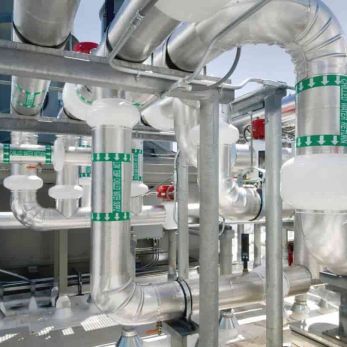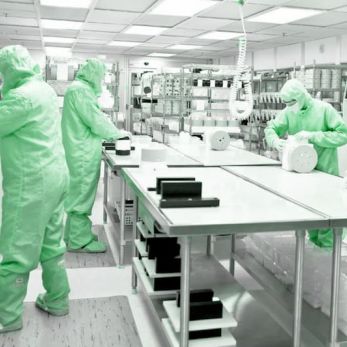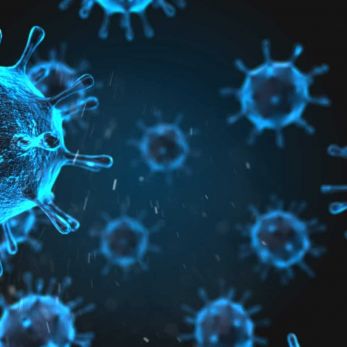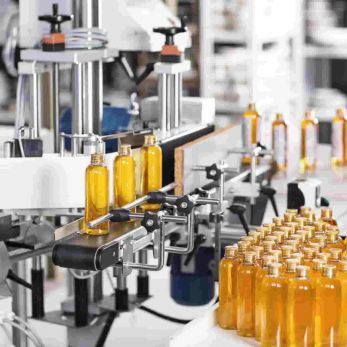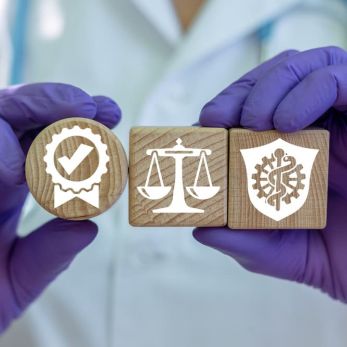Lessons for pharmaceutical industry after Covid
The COVID-19 pandemic, with its huge impacts, is a valuable lesson for businesses, organizations, and countries around the world. 5 lessons for pharmaceutical industry after Covid-19 pandemic Lesson 1 The
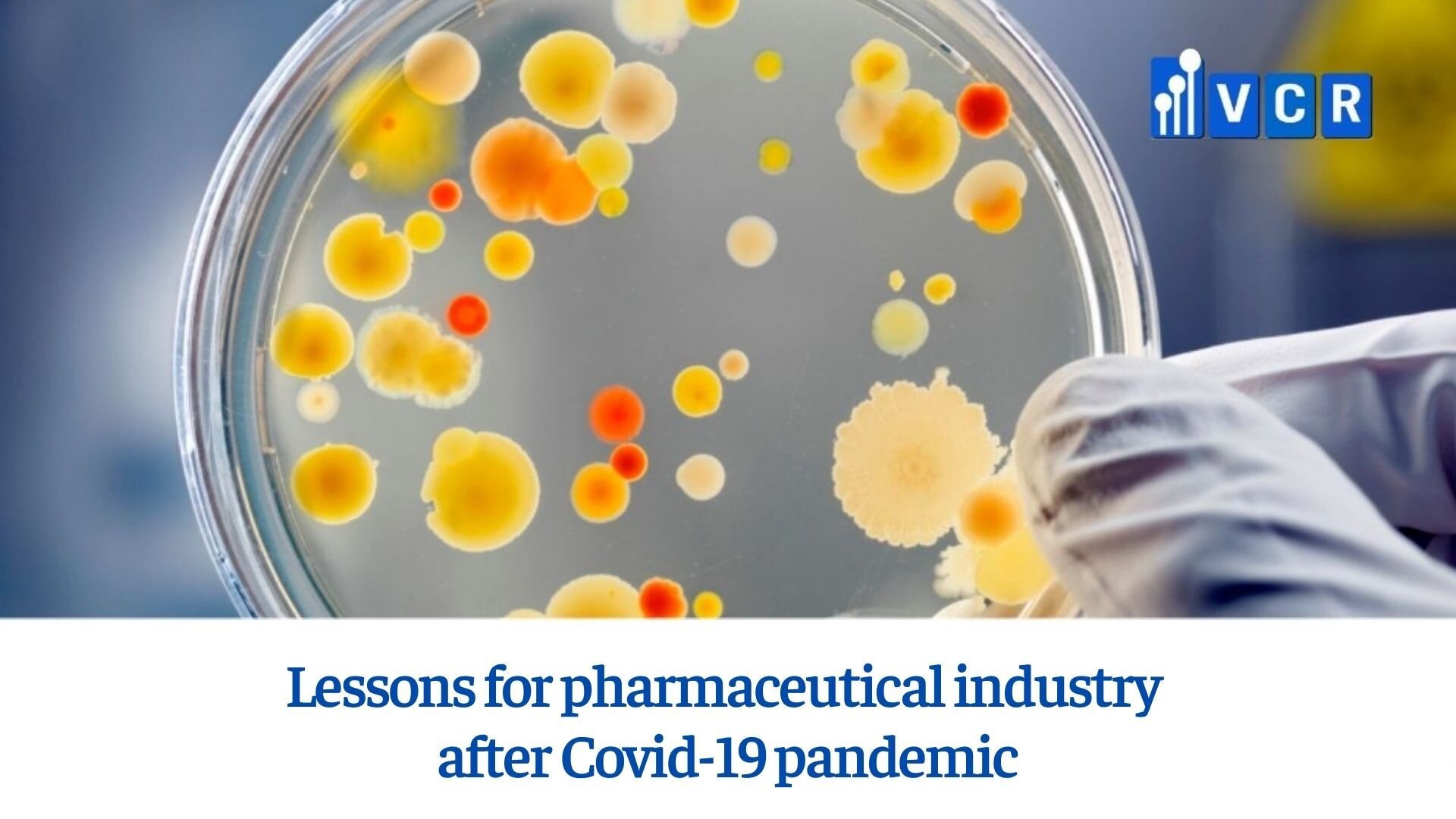
The COVID-19 pandemic, with its huge impacts, is a valuable lesson for businesses, organizations, and countries around the world. This article will indicate top 5 lessons for the pharmaceutical industry after Covid-19 pandemic.
Difficulties of the pharma businesses in Covid-19 pandemic
According to the survey of Vietnam Report, during the Covid-19 pandemic, 78.6% of enterprises encountered difficulties when the demand for pharmaceutical products changed; 57.1% have difficulty in approaching new customers, supply chain disruption in business, increase in input prices, while 35.7% have difficulties with competition among enterprises in the industry.
Opportunities of the pharmaceutical industry in Covid-19 pandemic
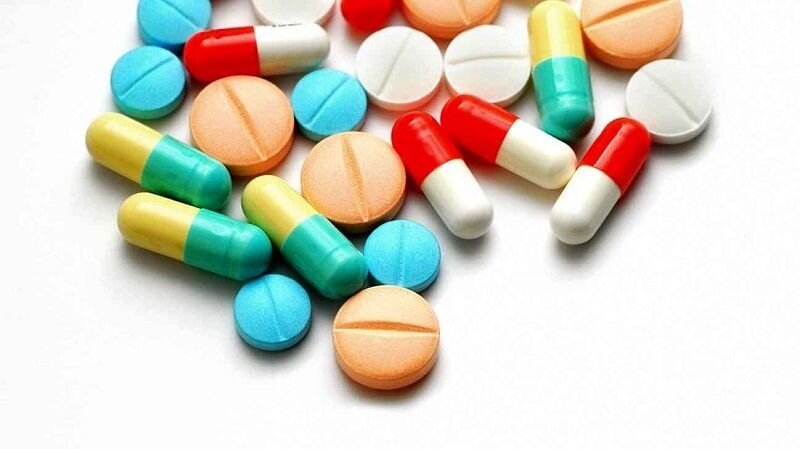
Besides the negative effects of the Covid-19, it is a good sign that society has a positive view of the health industry and the pharmaceutical industry. Vietnam's drugs and medical equipment not only meet domestic demand but also export to foreign markets with very strict requirements such as the US, Germany, Japan, etc.
The Covid-19 pandemic creates difficulties and challenges but also opens up significant opportunities for businesses to look back, restructure their operations, accelerate innovation and modernize the medical industry. No difficulties, no discoveries. Many businesses have exploited to turn threats into opportunities. There are businesses that have not released new products for half a year before, but when the Covid-19 pandemic broke out, they quickly launched new products, which enhance health.
5 lessons for pharmaceutical industry after Covid-19 pandemic
Lesson 1
The "therapeutic revolution" is one of the advances achieved by the pharmaceutical industry during the pandemic, especially with nanotechnology in the production of COVID-19 mRNA vaccine - the genetic messenger that codes DNA into protein- has been successfully developed by two pharmaceutical companies Moderna and BioNTech.
"We are at the 'dawn' of a scientific revolution," said Professor Pierre-Yves Geoffard of the Paris School of Economics. In the past, studies and trials were often conducted for many years. However, under the pressure of strong infection waves and billions of dollars or euros invested in laboratories, positive results were quickly achieved.
Lesson 2
“Acceptance to Biotech Companies”. The new "champs" are now young biotech companies, often from academia. A case in point is Moderna and BioNTech, which were unknown before the COVID-19 pandemic, has now become famous around the world.
Large pharmaceutical corporations often assign research to biotech companies, then buy them back at very high prices. This trend is confirmed by Mr. Jean-François Brochard, owner of the French group Roche: "We need the speed of development of biotech companies, and they need our ability."
The pharmaceutical giants, although less innovative, have high industrial capacity thanks to their factory system or network of subcontractors, so they have become indispensable factors for mass production.
Lesson 3
The third lesson to be learned from the pandemic is “acceleration of procedures.” It usually takes 10 years for a vaccine to go from research to market. However, the vaccine against COVID-19 only needs 10 months. This is an unprecedented record, thanks to the "accelerated licensing process". Instead of a step-by-step process, the application process to health authorities is run at the same time as the clinical trial process.
Lesson 4
The fourth lesson is mainly related to France, which is “the failure of France”. While German companies such as BioNTech and CureVac are supported by the government, the French company Valneva has failed to find the financing. to develop candidate vaccines. Private investment in the health sector is also very limited, as it is "an area that investors consider too risky", according to Franck Mouthon, president of France Biotech.
Lesson 5
The fifth lesson is “More cooperation among industrialists”. The COVID-19 crisis shows the potential for mobilization of the vaccine industry and also demonstrates that rival corporations can work together. Sanofi, for example, will produce vaccines from BioNTech, Moderna and Johnson & Johnson this summer. Novartis will also do the same with BioNTech's vaccine.
Read more: Negative pressure rooms help hospitals fight the Covid 19


